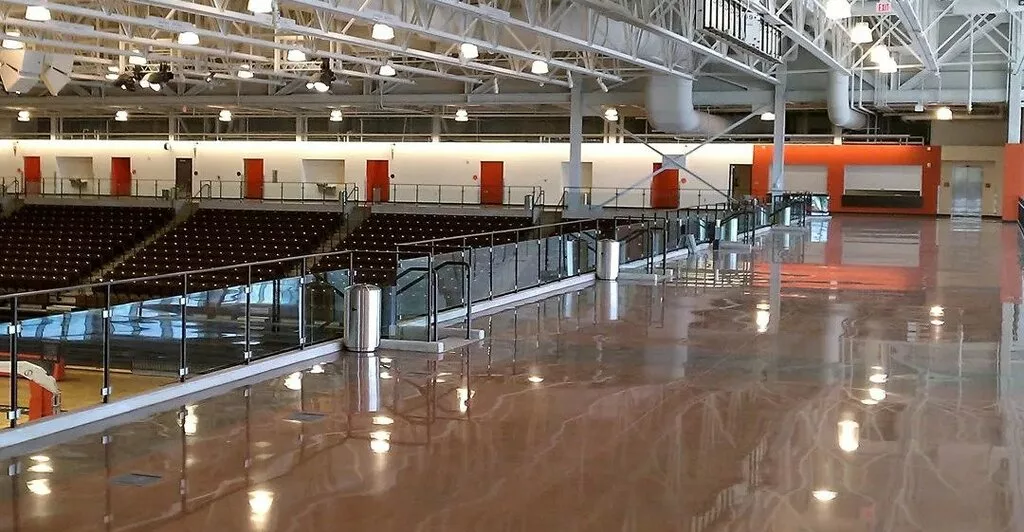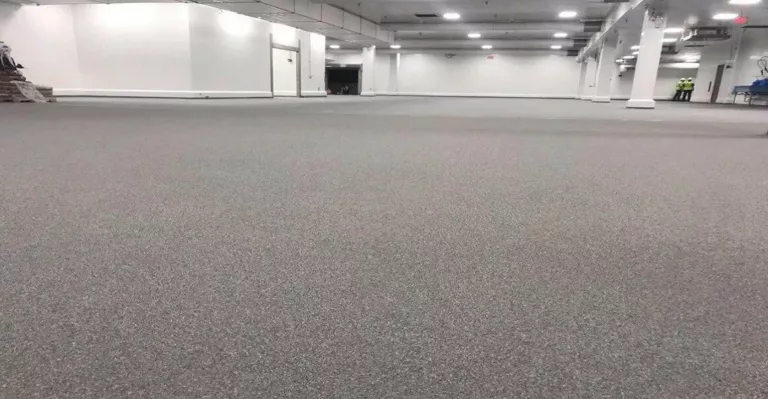The cost of epoxy resin flooring can vary depending on various factors, including the type of epoxy coating, the size and condition of the substrate, the complexity of the installation, and the location of the project. Here are some of the key differences that can impact epoxy resin flooring costs:
-
Type of epoxy coating: Different types of epoxy coatings, such as self-leveling epoxy, mortar epoxy, decorative epoxy, or anti-static epoxy, have different formulations and requirements, which can affect the cost. For example, self-leveling epoxy coatings tend to be more expensive due to their self-leveling properties, while decorative epoxy coatings with special effects like metallic or flake patterns may also have higher costs due to additional materials and labor involved.
-
Surface preparation: The condition of the substrate, or the existing floor surface, can impact the cost of epoxy flooring. If the substrate requires extensive preparation, such as grinding, patching, or repairing, it can add to the overall cost of the project. Substrates with cracks, uneven surfaces, or other issues may require additional preparation steps to ensure proper adhesion of the epoxy coating, which can increase costs.
-
Thickness of epoxy coating: Epoxy coatings can be applied in varying thicknesses, depending on the type of epoxy and the requirements of the project. Thicker epoxy coatings, such as high-build epoxy coatings, typically cost more due to the increased amount of material required for application.
-
Complexity of installation: The complexity of the installation process, such as the layout of the space, the presence of obstacles or tight spaces, and the need for special techniques or equipment, can affect the cost of epoxy flooring. Projects that require intricate designs, custom colors, or unique patterns may also have higher costs due to additional labor and materials.
-
Location of the project: The location of the project can also impact the cost of epoxy resin flooring. Factors such as local labor rates, availability of materials, and regional market conditions can influence the overall cost of the project.
-
Additional features or requirements: Additional features or requirements, such as moisture vapor barrier installation, anti-slip additives, or specific certifications, may also affect the cost of epoxy flooring.
It’s important to note that while epoxy resin flooring can be a cost-effective option for its durability and performance, the upfront costs can vary depending on the factors mentioned above. It’s recommended to obtain quotes from reputable epoxy flooring contractors and compare the costs based on the specific requirements of your project to get an accurate estimate.
If you’re interested in an epoxy floor and want to discuss costs further, contact Priority One Epoxy Flooring today. Our friendly team of experts are available by phone at 604-761-1605 and online by using our contact form.


